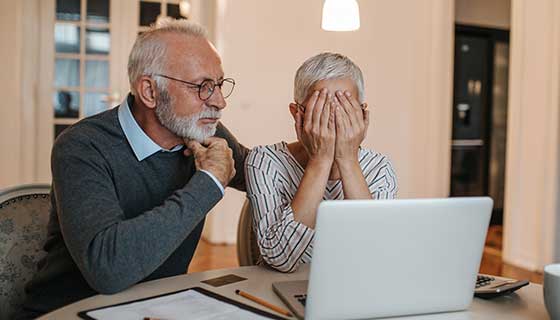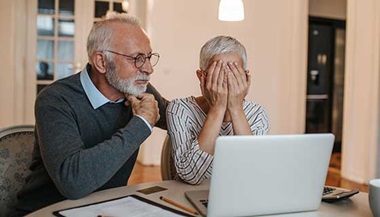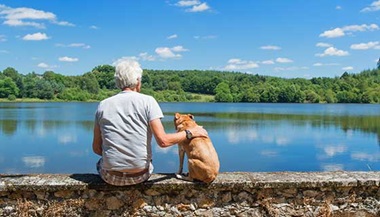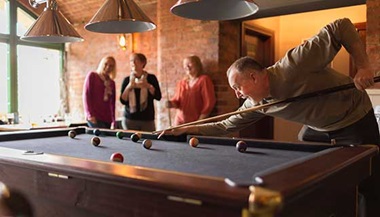Do You Have a Healthy Number of Friends?
Are you getting enough “Vitamin F”? A growing stack of research suggests that friendship has powerful health benefits—protecting against everything from heart disease to the common cold, and even helping us live longer.
“There’s no magic number of social connections you need for better physical and emotional health,” says Johns Hopkins geriatric medicine expert Alicia Arbaje, M.D., M.P.H. “It’s all about whether you have people in your life who meet your need for emotional, spiritual and other kinds of support.”
Introverts may be happy with two or three good friends; extroverts may need far more. You have enough friendship in your life if you connect frequently enough—in person, by phone, even online—that you don’t feel isolated.Yet one in three older adults in one national survey said they do feel lonely. Here are some ways to make new friends, at any age.
Volunteer.
“In some studies, older people who volunteer say their health is better, they feel less depressed and they may even live longer,” Arbaje says. “You experience satisfying relationships and feel you’re really giving back.”
Go back to school.
From adult education at the local high school to auditing college courses to being a student or teacher in a short noncredit class, challenging your brain can also expand your social horizons. Arbaje recommends looking for “lifelong learning” programs or institutes at a local college. For these, older adults volunteer to share their knowledge about everything from travel to history to music and beyond. They’re usually free of charge. Look for one near you by using the locator service of the Osher Lifelong Learning Institute.
Share your favorite hobby.
Join a knitting club. Take a woodworking class. Dust off your violin and join a community orchestra. People who are actively involved with their hobbies are less likely to say they feel lonely.
Celebrate your ethnic or cultural heritage.
If your background is an important part of your identity, finding a like-minded group in your area can be an enjoyable way to make new friends. “You may be Greek-American, Latino, Russian—getting together lets you share memories, holidays, foods, music and language,” Arbaje says.
Connect with your faith community.
“If you have a faith tradition, try to maintain it,” Arbaje suggests. “Find ways to keep going to your church or temple or mosque. It’s a supportive, encouraging and meaningful environment, and there are usually a lot of social opportunities, from coffee hour to clubs.”






